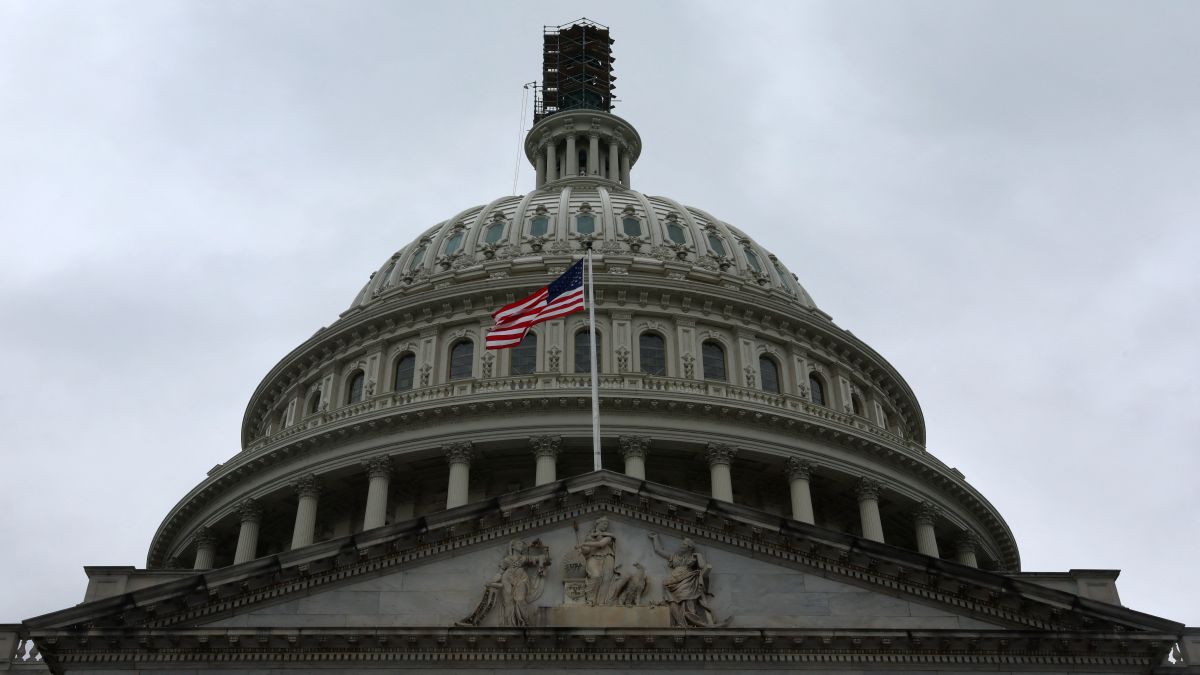The US State Department on October 7 updated its travel advisory for the Republic of the Maldives, urging visitors to exercise increased caution due to potential terrorist attacks. Officials warn that attacks could happen with little or no warning, targeting tourist areas, transport hubs, markets, shopping centres, local government facilities, and even remote islands, which may delay emergency responses.
Guidance for visitors
Travellers planning trips to the Maldives are advised to stay alert, monitor local and breaking news, avoid demonstrations and large crowds, and purchase travel insurance. The island nation, located in South Asia near the eastern Arabian Sea within the northern Indian Ocean, comprises 1,192 islands, of which only 200 are inhabited, stretching over 500 miles.
In 2024, more than 2 million visitors travelled to the Maldives, according to government data, including thousands from the United States.
Authorities in the Maldives have foiled several planned attacks since 2017. In 2022, a politician was reportedly stabbed in daylight on an island close to Malé, according to Newsweek. The advisory further warns that emergency assistance on remote islands can be slow, urging travellers to plan ahead and take necessary precautions.
The revised travel advisory for Equatorial Guinea, focuses less on violence and more on instability. A key line highlights that “travellers face the risk of arbitrary enforcement of local laws that may result in harassment or detention.”
Petty theft remains widespread, police capacity is limited, and hospitals lack the resources to manage serious medical situations. Officials recommend that visitors carry their own prescription medicines and confirm that their travel insurance covers emergency medical evacuations. Travellers are also advised to “keep a low profile” during their stay in Equatorial Guinea.
Americans travelling to either the Maldives or Equatorial Guinea are encouraged to register with the Smart Traveler Enrollment Program (STEP), allowing US embassies to track their location and provide support when needed.


)

)
)
)
)
)
)
)
)



